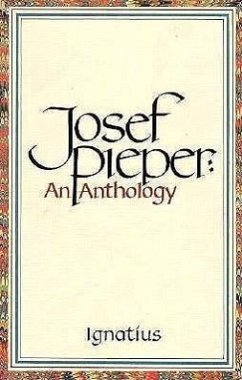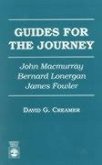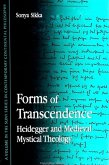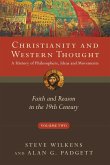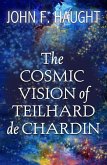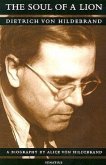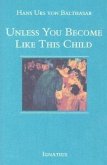Foreword by Hans Urs von Balthasar Near the end of a long career as one of the most widely read popular Thomistic philosophers of the twentieth century, Josef Pieper has himself compiled an anthology from all his works. He has selected the best and most representative passages and arranged them in an order that gives sense to the whole and aids in the understanding of each excerpt. Pieper's reputation rests on his remarkable ability to restate traditional wisdom in terms of contemporary problems. He is a philosopher who writes in the language of common sense, presenting involved issues in a clear, lucid and simple manner. Among his many well-known works included in this anthology are selections from Leisure: The Basis of Culture, The Four Cardinal Virtues, About Love, Belief and Faith, Happiness and Contemplation , and Scholasticism. Below is a list of the selection titles: Human Authenticity The Two Sides of the Coin That Is Truth The Freedom of Philosophy and Its Adversaries Free Space in the World of Work Truths-Known and Believed The Reality of the Holy "Finis" Means Both End and Goal
Hinweis: Dieser Artikel kann nur an eine deutsche Lieferadresse ausgeliefert werden.
Hinweis: Dieser Artikel kann nur an eine deutsche Lieferadresse ausgeliefert werden.

